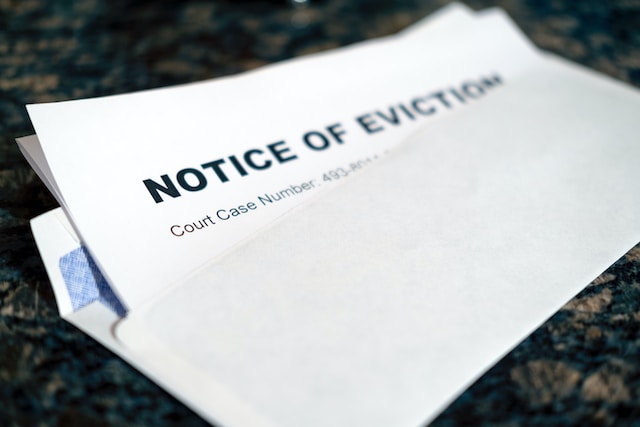The Eviction Process in Florida primarily depends on the County where your property is located. Below is a guideline on the process, but each case and each County has its own unique facts and an attorney should be consulted.
Here are some essential steps to navigate the eviction process effectively, particularly in Florida, where eviction procedures may vary:
Initiate the Eviction Process: To start the eviction of a tenant, it is crucial to provide a formal notice. In Florida, irrespective of the lease situation, you are typically required to serve the tenant with a written eviction notice. The specific notice you provide depends on the circumstances, including reasons like non-payment of rent, lease term violations, or the absence of a lease agreement. This notice must clearly state the grounds for eviction and grant the tenant a reasonable timeframe to rectify the issue or vacate the premises.
Commence an Eviction Lawsuit: If the tenant does not respond to the notice or refuses to vacate, the next step involves filing a formal eviction lawsuit. This legal action, often referred to as an “unlawful detainer” or “eviction complaint,” must be filed with the court.
Serve Legal Documents: The proper service of eviction documents is vital, following Florida’s specific legal requirements. This can include utilizing a process server or coordinating with the local sheriff’s office to ensure the tenant is properly served with the lawsuit and related documents.
Navigate Court Proceedings: After filing the lawsuit, the court will schedule a hearing. This hearing provides both you and the tenant with the opportunity to present your respective cases. If the court decides in your favor, you can obtain a writ of possession, granting you the legal right to regain control of the property.
Seek Sheriff’s Assistance: In cases where the tenant continues to resist eviction even after a court judgment, it may be necessary to request assistance from the sheriff’s office to physically remove the tenant from the property.
Post-Eviction Considerations: Following a successful eviction, it is essential to adhere to any applicable laws governing the storage and return of the tenant’s belongings, as required.
It is imperative to consult with our experienced attorneys to ensure you are adhering to the proper legal procedures and to stay informed about any specific eviction-related requirements or legislative changes in Florida. Each eviction case can be unique, and eviction laws are intricate and may undergo alterations. Therefore, legal advice is indispensable in eviction cases. Please note that the information provided here should be considered as guidance and not as a substitute for legal advice.
For any further assistance regarding eviction matters, please reach out to our legal experts. 305-501-1402.





